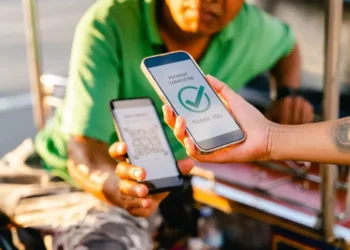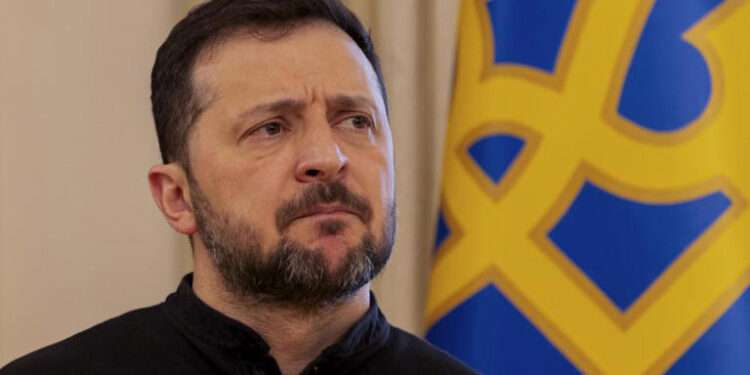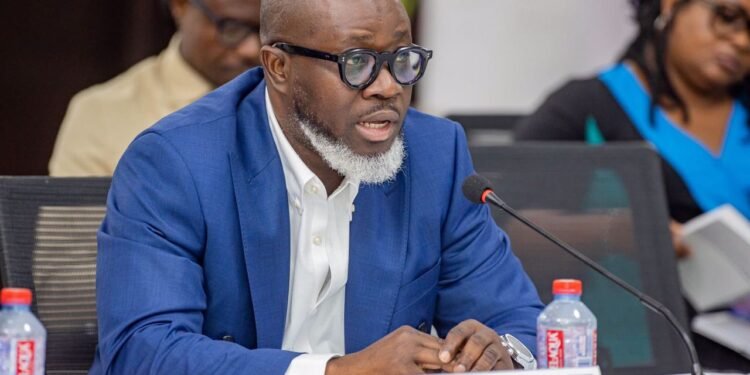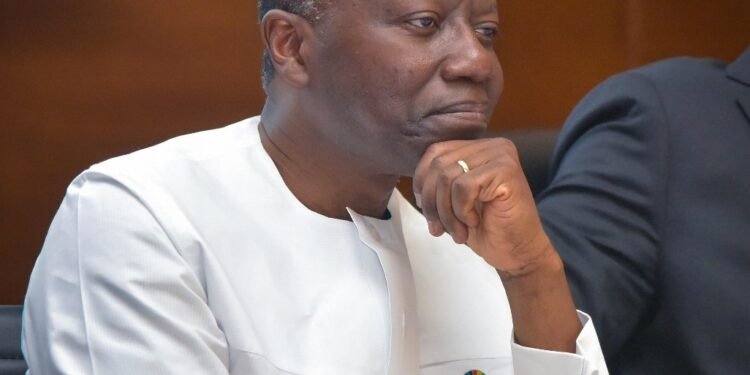The World Health Organization (WHO) and the Bill & Melinda Gates Foundation have announced plans to set up a mentorship programme for African women working in Neglected Tropical Diseases (NTDs) programmes.
The mentorship is in honour of the late Dr Mwele Malecela, who was one of Africa’s most highly respected female scientists and public health leaders.
The mentorship programme will provide African women with leadership training skills as well as travel and networking opportunities to become leaders and champions of the efforts to eliminate neglected tropical diseases on the continent.
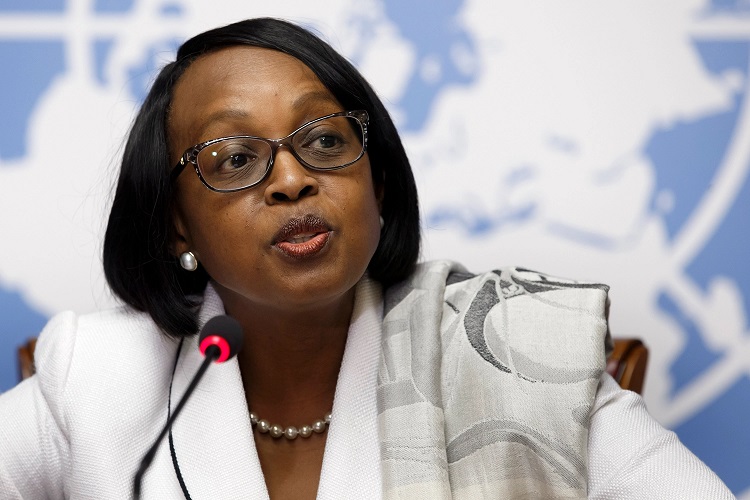
Dr Matshidiso Moeti, WHO Regional Director for Africa, disclosed that Dr Mwele was an inspiration to women in science.
“She gave freely of her time and talents to mentor and motivate the next generation of global health professionals, particularly women and this mentorship programme will keep her legacy alive.
“Focused specifically on African women living in African countries, the programme aims to help them overcome barriers to realizing their potential and become leaders and champions of neglected tropical disease elimination at home and internationally”.
Dr Matshidiso
Neglected tropical diseases are a set of 20 diseases or disease groups that occur predominantly in tropical and subtropical regions. They include lymphatic filariasis, more commonly known as elephantiasis, onchocerciasis or river blindness, schistosomiasis, or bilharzia, as well as human African trypanosomiasis, often called sleeping sickness.
The Neglected Tropical Diseases Global Roadmap 2021–2030
The Mwele Malecela mentorship programme is part of wider efforts to drive progress towards the goals of the Neglected Tropical Diseases Global Roadmap 2021–2030 which seeks to reduce by 90%, the number of people requiring treatment for the diseases.
The Global Roadmap also seeks to have at least 100 countries eliminate at least one neglected tropical disease by 2023. Additionally, it seeks to eradicate two diseases (Guinea worm and yaws) and reduce disability related to these diseases by 75%.
Globally, more than a billion people are affected by neglected tropical disease, according to estimates from the World Health Organization.
According to the WHO, Africa accounts for nearly 40% (400 million people) of the global burden. These diseases can be devastating, including causing severe pain, disabilities and deformities, malnutrition, stunted growth and cognitive impairment. Anaemia, caused by some of these diseases, has a direct impact on maternal mortality, the WHO warned.
Dr Malecela served as Director of the Office of the Regional Director for Africa in Brazzaville, Republic of the Congo, and then as Director of WHO Department of Neglected Tropical Diseases Control at WHO’s Headquarters in Geneva.
Prior to joining WHO, Dr Malecela served as the Director-General of the National Institute for Medical Research, United Republic of Tanzania – the first woman to occupy this position. She was also a founding Director of the National Lymphatic Filariasis Elimination Programme in Tanzania
On May 31, 2021, the World Health Assembly (WHA) recognized 30th January as World Neglected Tropical Disease Day through decision WHA74(18).
This decision formalized 30th January as a day to create better awareness on the devastating impact of NTDs on the poorest populations around the world. The day is also an opportunity to call on everyone to support the growing momentum for the control, elimination and eradication of these diseases.
READ ALSO: Diana Hamilton Didn’t Charge For National Cathedral Show But Was Given Something – Manager







